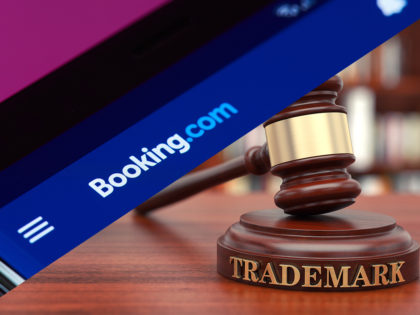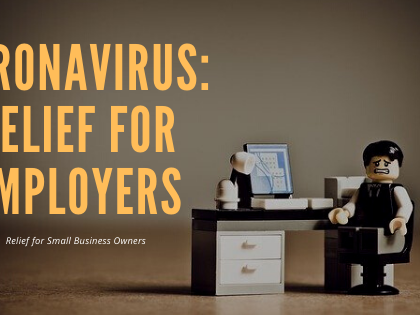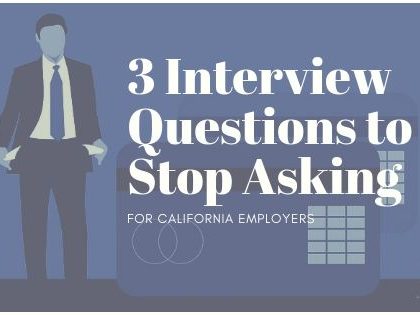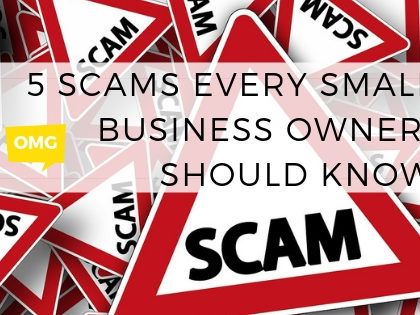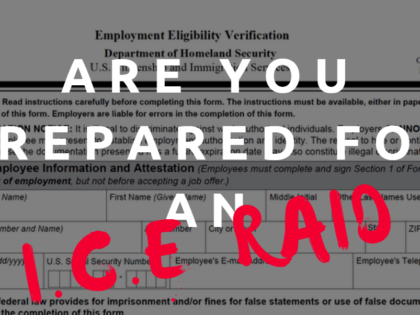Does your business act like a business?
0 CommentsDon’t say we didn’t warn you, but the implementation of new tax regulations may cause many business owners to lose their business deductions when their “business” is reduced to a mere hobby. Budding entrepreneurs need to ensure their business is set up correctly. Meanwhile, existing business owners need take a magnifying glass to their business to ensure their businesses are both set up and run like a business. In this article we’ll outline the basics of what it means to own a business that’s correctly set up as a business, as well as what it means to act like a business.
1. Form a business entity
It’s more challenging to prove your small business isn’t a hobby if it’s not registered as it’s own entity. Hire a professional to determine which business type would be most suitable before registering with your local government.
2. Create a professional website
Whatever your business may be, a professional website will help validate it for your customers.
3. Open a separate business account
Keeping your business and personal expenses separate will simplify your year-end bookkeeping—especially come tax time. Open a business bank account and credit line to ensure they’re separate.
4. Open a business email at a professional domain
Many of our clients already have separate business emails but at the same email server as their personal email. To solidify your professional business image, and to ensure it’s security, open a new email account with a professional domain, such as your own company’s dot com.
5. Draft written contracts
Don’t allow your clients to weasel out of contracts or make last minute changes. Hold them accountable by drafting written contracts and requiring your clients to sign them prior to beginning work.
6. Provide invoices
After you’ve completed work, always invoice your clients, and ensure that the invoices match incoming payments.
7. Advertise your product or services
Even if you rely on word-of-mouth to obtain new customers, try listing your business with a business registry if advertising is out of your budget. The purpose is to prove that your running your business with the intention making a profit, and advertising your product or services plays a large part in it.
In order to “act like a business” and deduct relates business expenses on your taxes, even the smallest side business must follow the above rules. If you’re still a freelancer thinking about expanding to a full-fledged business, or want to be treated (taxes) as a business, then start right from the beginning and follow our tips to avoid issues years down the line.



